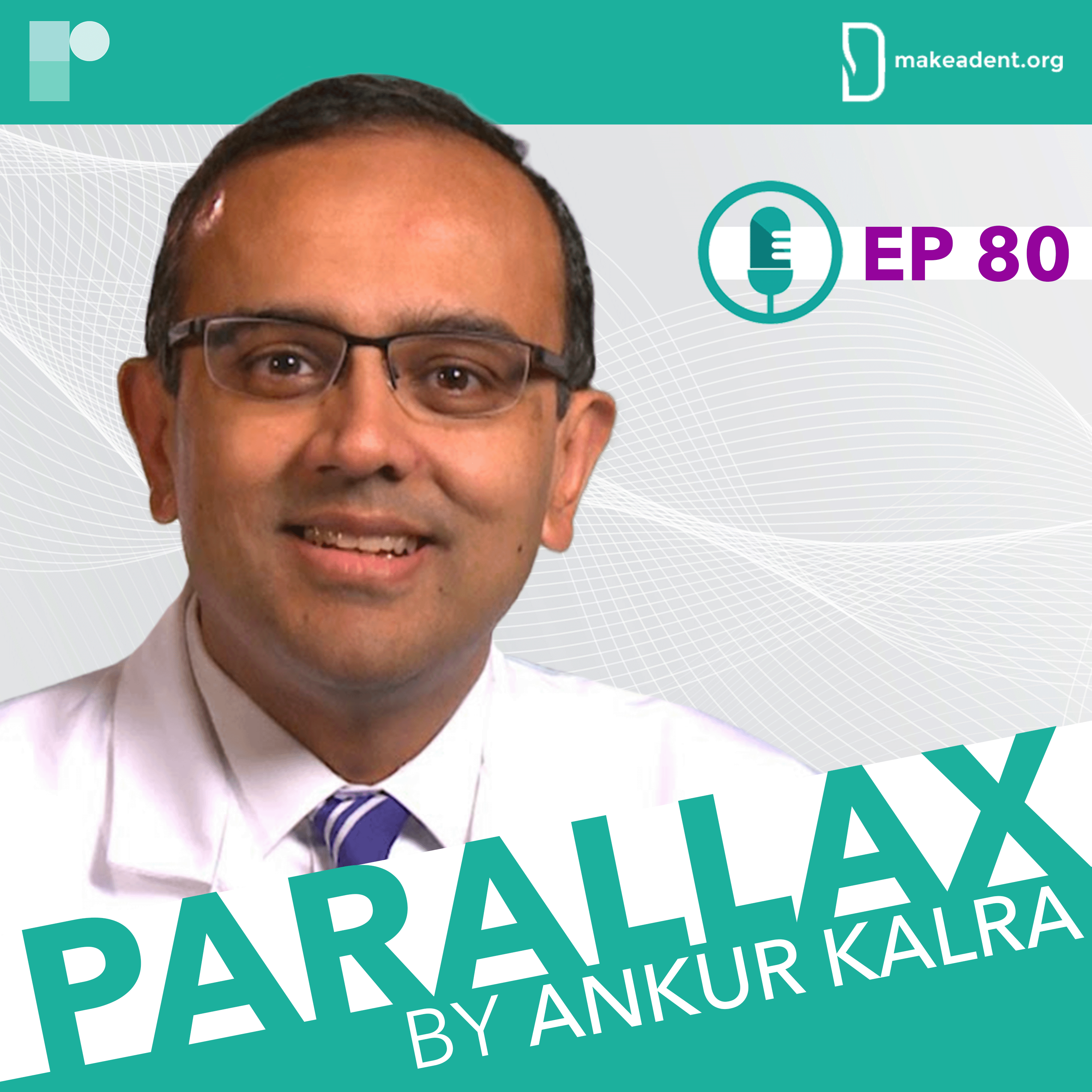
This week’s episode is dedicated to one of the biggest cardiovascular meetings, AHA’s Scientific Sessions. Dr Ankur Kalra’s guest is Dr Manesh Patel, chair of the AHA Committee on Scientific Sessions and Chief of the Division of Cardiology and Co-Director of the Heart Center at Duke University.
Year on year, the organisers of the Scientific Sessions aim to give platform to cardiovascular science at its best: innovative, impactful, and collaborative.
In this information-packed episode, Dr Patel takes us behind the scenes and talks about the work that goes into the curation of the programme and the considerations that shape the event. Dr Kalra asks Dr Patel about his highlights over the years and the movement and changes that he observed as vice chair and chair of the event. Dr Patel elaborates on the key late-breaking science trials in 2022. Dr Kalra and Dr Patel discuss the grading system of the award applications and share some useful information with our listeners.
What does Dr Patel think about the function of the Scientific Sessions? What happens after you submit your application to an award? How do the organisers concert a balance between the scientific and the social need of a global community?
Questions and comments can be sent to “podcast@radcliffe-group.com” and may be answered by Ankur in the next episode.
Guest: @manesh_patelMD, host: @AnkurKalraMD and produced by: @RadcliffeCARDIO.

Rohin shares an advice that he received at the beginning of his career: “If you can deal with an average day, the exciting day will take care of itself.”
Ankur asks Rohin about Medlife Crisis and the work that goes into producing a show followed by 500K people. Rohin reiterates his passion for research and science communication. Ankur and Rohin discuss what it means to be yourself on social media and what is Rohin’s advice to our early-career listeners.





Tune in to discover the strategies that Dr. Kalra and Dr. Alasnag are currently employing and gain insights into how these data will shape their future decision-making in the catheterization laboratory. Don't miss this informative discussion at the forefront of interventional cardiology.

As we adapt to the changes brought about by the pandemic, Dr Singh outlines the necessary steps to foster a reality in which we can utilize these technologies to create more time for human connection.

Dr Owens is Medical Director of the Center for Inherited Cardiac Disease and Associate Professor of Medicine at the Hospital of the University of Pennsylvania.
This series is supported by an unrestricted educational grant from Bristol Myers Squibb. Please see www.camzyosrems.com for important safety information.
This content is intended for US-based physicians.

This series is supported by an unrestricted educational grant from Bristol Myers Squibb. Please see www.camzyosrems.com for important safety information.
This content is intended for US-based physicians.

This series is supported by an unrestricted educational grant from Bristol Myers Squibb. Please see www.camzyosrems.com for important safety information.
This content is intended for US-based physicians.


Dr. Ankur Kalra invites Dr Salim S Virani to help simplify the concept of Lp(a) with answering key questions about its measurement and its place in practice and prevention.


Dr Khan talks about education in the US and his decision to move back to Pakistan. Ankur asks Sohail about his new professional home: NICVD, a free clinic providing primary heartcare for Pakistanis. They discuss some of the innovations Dr Khan works on to improve patient care that utilise simple but effective interventions. We learn more about free screening clinics and about Dr Khan’s work on the largest ever study in Pakistan on association of Lpa and CV disease in South Asians.







